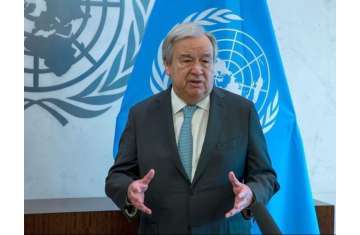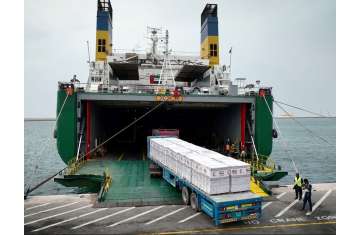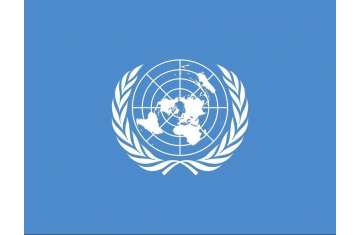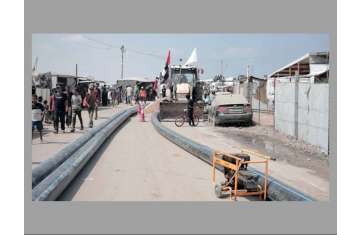Urgent
ENEC launches Graduate Plant Operator Programme for Emirati engineers
 DP World, Japan’s ITOCHU to strengthen logistics, trade in Sub-Saharan Africa
DP World, Japan’s ITOCHU to strengthen logistics, trade in Sub-Saharan Africa
 Korea's exports up 7.6 pct in first 20 days of August
Korea's exports up 7.6 pct in first 20 days of August
 Expand North Star advances Dubai’s position as global capital of digital economy
Expand North Star advances Dubai’s position as global capital of digital economy
 China-SCO trade hits record high as cooperation deepens
China-SCO trade hits record high as cooperation deepens
 TAQA secures AED8.5 billion term loan to advance growth strategy
TAQA secures AED8.5 billion term loan to advance growth strategy
 UN Secretary-General condemns Israel's approval for 3,400 housing units in West Bank
UN Secretary-General condemns Israel's approval for 3,400 housing units in West Bank
 10 startups join Presight’s AI-Startup Accelerator Bootcamp in Abu Dhabi
10 startups join Presight’s AI-Startup Accelerator Bootcamp in Abu Dhabi

 DP World, Japan’s ITOCHU to strengthen logistics, trade in Sub-Saharan Africa
DP World, Japan’s ITOCHU to strengthen logistics, trade in Sub-Saharan Africa
 Korea's exports up 7.6 pct in first 20 days of August
Korea's exports up 7.6 pct in first 20 days of August
 Expand North Star advances Dubai’s position as global capital of digital economy
Expand North Star advances Dubai’s position as global capital of digital economy
 China-SCO trade hits record high as cooperation deepens
China-SCO trade hits record high as cooperation deepens
 TAQA secures AED8.5 billion term loan to advance growth strategy
TAQA secures AED8.5 billion term loan to advance growth strategy
 UN Secretary-General condemns Israel's approval for 3,400 housing units in West Bank
UN Secretary-General condemns Israel's approval for 3,400 housing units in West Bank
 10 startups join Presight’s AI-Startup Accelerator Bootcamp in Abu Dhabi
10 startups join Presight’s AI-Startup Accelerator Bootcamp in Abu Dhabi











Comments